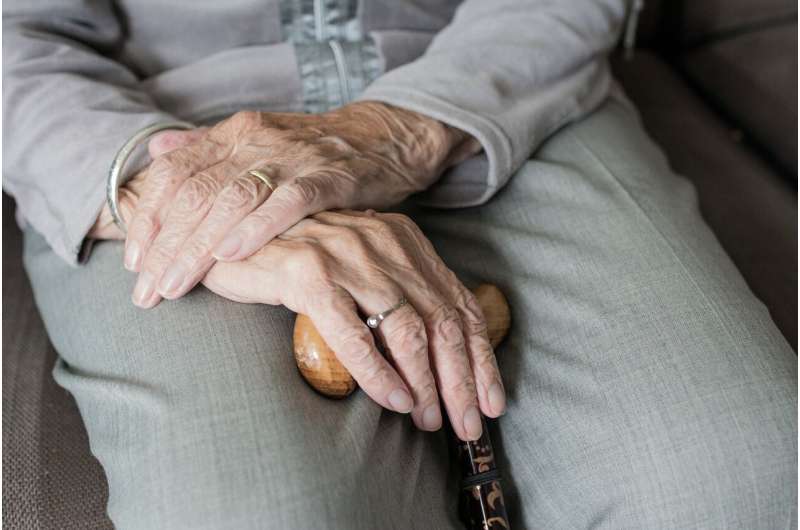Media Depictions of Home Care and Their Impact on Perceptions of Older Adults

A Finnish study reveals how media images shape perceptions of older adults in home care, often portraying them as passive and vulnerable, which can impact policy and societal attitudes toward aging and care.
Recent research from the University of Eastern Finland highlights how media imagery influences public perceptions of home care for older adults. The study analyzed 95 images from Finnish newspapers published in 2022 and 2023, revealing a pattern where care workers are portrayed as busy and efficient in a hectic environment, while older individuals are depicted as passive, lonely, and potentially vulnerable recipients of care.
These images tend to emphasize an efficient, routine-oriented approach to home care that often reflects institutional and resource-focused practices. The findings suggest a shift towards depicting home care as a systematically managed service, which may overlook the personalized and high-quality aspects of care that respect individual needs.
The study emphasizes that such media portrayals can reinforce a narrative where older adults are viewed as burdens on society, which can influence policy decisions and societal attitudes. It also highlights concerns that this framing may negatively affect the self-perception of older adults receiving care, undermining their dignity and the quality of care they receive.
Dr. Hanna Ristolainen, a university lecturer, notes that these images not only mirror the current state of home care but also shape public attitudes and behaviors. The researchers advocate for more diverse representations that depict older adults as active, content, and thriving in their own homes. They caution that a resource-centric portrayal risks neglecting the fundamental human aspect of personalized home care.
The study underscores the importance of critically assessing media images, as they can influence both societal perceptions and policy priorities. Promoting more balanced and positive depictions of older adults can help foster a more respectful and dignified approach to home care services.
Published in the International Journal of Ageing and Later Life, this research forms part of the SOLDEX project, which explores well-being, daily life, and challenges faced by older home care clients.
Source: https://medicalxpress.com/news/2025-09-media-imagery-home-narrative-older.html
Stay Updated with Mia's Feed
Get the latest health & wellness insights delivered straight to your inbox.
Related Articles
Understanding How the Brain Syncs with Rhythmic Stimuli
Recent research reveals how the brain naturally synchronizes with rhythmic sounds and how personalized electrical stimulation can influence this process, opening new avenues for neurorehabilitation and cognitive enhancement.
New Protein Interaction Map Illuminates Breakdown of Brain Cell Communication in Alzheimer's Disease
A new comprehensive map of protein interactions reveals how communication breakdown in brain cells contributes to Alzheimer's disease, opening new paths for treatment strategies.



